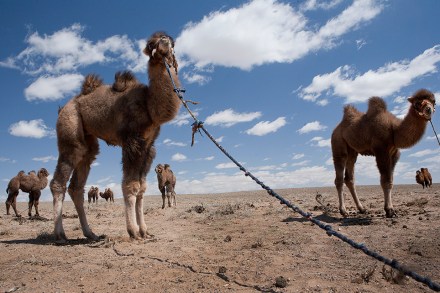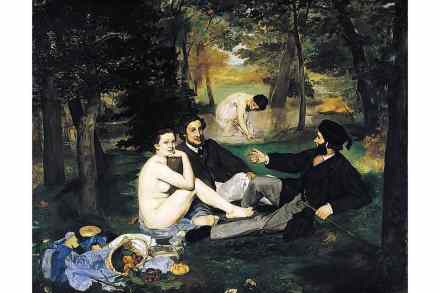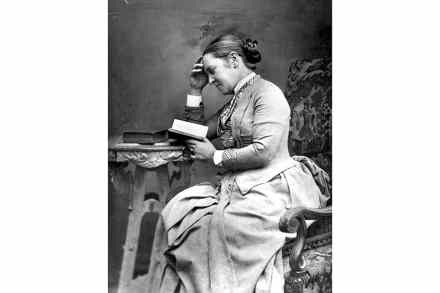No chocolate-box portrait: Bournville, by Jonathan Coe, reviewed
British novelists love to diagnose the state of the nation. Few do it better than Jonathan Coe, who writes with warmth and subversive glee about social change and the comforting mundanities it imperils. Bournville, his 14th novel, lacks the caustic verve of What a Carve Up! (1994) or the wistful charm of The Rotters’ Club (2001), but it’s an affectionate work of social history in fictional form, tracking four generations of a West Midlands family whose dreams, successes, misadventures and divisions reflect the shifting contours of postwar Britain. British chocolate is deemed by French and German bureaucrats to be greasy and unsuitable for adult palates It’s largely set in a




















